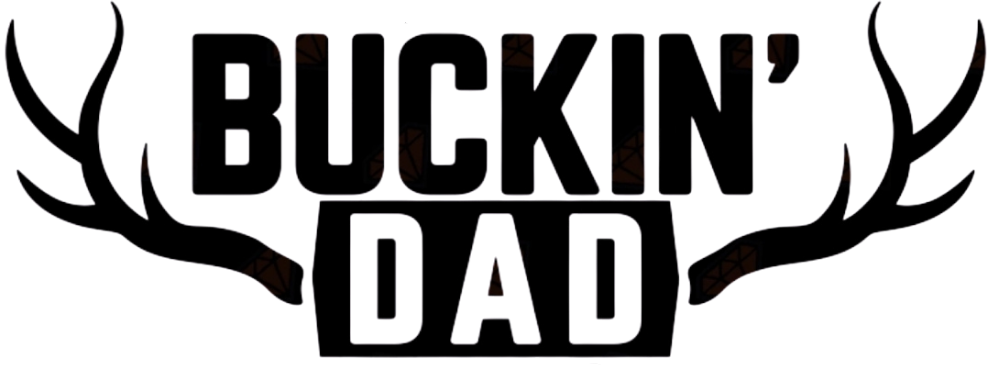Hunting Safety 101: Tips Every Beginner Needs to Know
Hunting is an exciting and rewarding activity, but it also comes with risks. Whether you're heading out on your first hunt or you're a seasoned pro, safety should always be your top priority. This guide covers essential hunting safety tips to ensure a safe and enjoyable experience for you and those around you.

🦅 1. Always Treat Your Weapon as If It’s Loaded
This is the cardinal rule of firearm safety. Even if you’re certain your weapon isn’t loaded, treat it as if it is at all times.
-
Never point your weapon at anything you don’t intend to shoot.
-
Keep your finger off the trigger until you’re ready to shoot.
-
Unload your weapon when you’re not using it or when you're in transit.
🧑🤝🧑 2. Hunt with a Buddy or Guide
While hunting can be a solitary experience, hunting with a buddy is safer. Having someone with you means someone is always there to help in case of an emergency.
-
Stick together and stay in constant communication, especially if you’re hunting in unfamiliar terrain.
-
If you're new, consider hiring a guide or joining a hunting group to learn the ropes safely.

🦸♂️ 3. Wear Hunter Orange – Stay Visible
Accidents can happen in the field, and one of the best ways to avoid being mistaken for an animal is to wear bright, visible clothing.
-
A hunter orange vest, hat, or jacket ensures that other hunters can easily see you from a distance.
-
Don’t rely on camouflage alone. Even if you’re in a camouflaged area, always prioritize visibility.
⚠️ 4. Know Your Target and Beyond
Before you pull the trigger, make sure you're shooting at the right target. Don’t just focus on the animal you're hunting—be aware of what's beyond your target.
-
Ensure you have a clear line of sight and that there are no obstacles or people in your line of fire.
-
Always identify your target clearly, whether it's through your sights or binoculars.
⏳ 5. Check the Weather – Prepare for the Elements
Weather conditions can change quickly, and being unprepared can lead to dangerous situations.
-
Always check the forecast before heading out. Know what you’re getting into and dress accordingly.
-
In cold weather, bring extra layers and a survival kit.
-
Prepare for sudden storms by packing waterproof gear or shelters.
💡 6. Keep Emergency Gear On Hand
Accidents and injuries can happen at any time, so it’s important to be prepared:
-
Always carry a first-aid kit with basic supplies like bandages, antiseptic, and painkillers.
-
Map and compass/GPS: Know your location and how to get out of the wilderness.
-
Flashlight and extra batteries: For late-night hunts or if you’re caught after dark.
🗣️ 7. Communicate Your Plan
Before heading out, always inform someone about where you’re going, the hunting area, and your expected return time.
-
Leave a detailed plan with a friend or family member.
-
If you’re venturing into remote areas, share your GPS coordinates with someone trustworthy.
🧭 8. Follow Local Laws and Regulations
Respecting wildlife and nature is a critical part of hunting. Abide by all local regulations to protect both yourself and the environment.
-
Obtain the proper licenses and permits for hunting in your area.
-
Stay within the hunting season and respect bag limits.
-
Follow the rules for using firearms and bows to prevent accidents.
🦌 9. Be Aware of Wildlife Behavior
Certain animals can become dangerous, especially if threatened or injured. Always be aware of their behavioral patterns.
-
Do not approach wounded animals. They can become more aggressive when in pain.
-
Understand that animals like bears, wild boars, and elk can be territorial and dangerous, especially during mating seasons.

🌲 10. Trust Your Instincts – Stay Calm
If something feels off, trust your gut. The best hunters know how to stay calm and assess situations.
-
In case of an emergency, remain calm, assess the situation, and call for help if necessary.
-
Take breaks and don’t rush. Safety should always come before speed.
🚨 Final Thoughts
Hunting is a rewarding experience, but it requires respect for the environment and responsibility for your own safety. By following these basic safety tips, you ensure not only a successful hunt but also a safe one for you, your hunting partners, and those around you.






